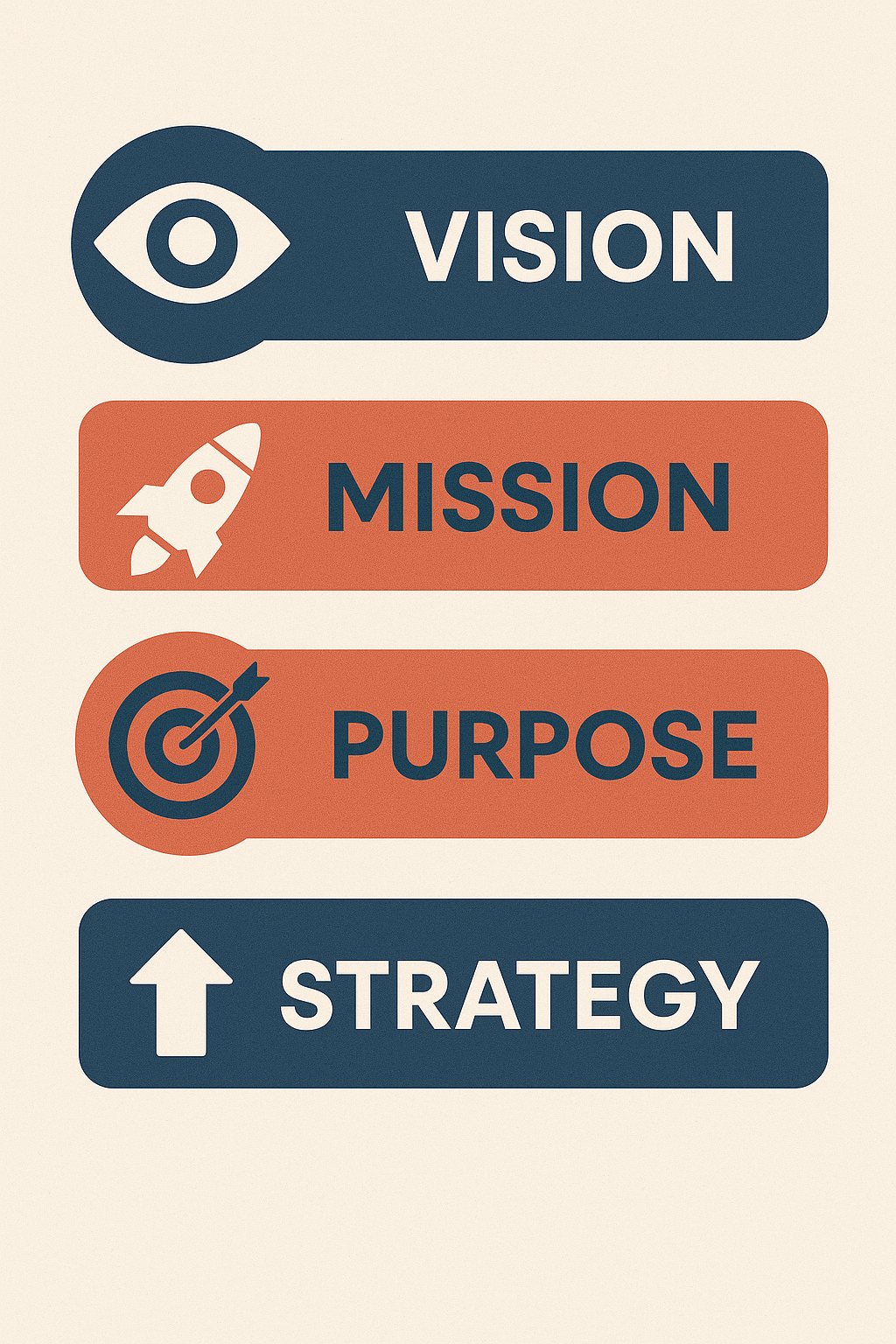Roadmap to Success: The Ultimate Guide to Business Planning for Real Estate Professionals
Running a successful real estate business is much more than just showing homes and closing deals — it’s about building a sustainable, profitable operation that supports your goals and lifestyle. Whether you’re a brand-new agent or a seasoned broker, having a well-structured business plan is your secret weapon for long-term success.
In this detailed guide, we’ll walk you through how to build a solid plan that keeps you focused, motivated, and on track — even when the market shifts.
Why Business Planning Matters
Entering real estate can feel like merging onto a busy freeway — fast-moving traffic, lots of competitors, and no clear path unless you plan ahead. More than 80% of new agents leave the business within two years, often because they fail to create a plan.
A business plan gives you:
Clarity – You know exactly what to do daily, weekly, and monthly.
Direction – Your goals, income targets, and marketing strategies are clearly laid out.
Accountability – You can measure your progress and make course corrections.
Think of your business plan as your blueprint for success — the same way a skyscraper needs a blueprint before construction begins.

You Are the CEO of “You, Inc.”
As a real estate professional, you’re not just an agent — you’re the president, marketing director, CFO, and operations manager of your own business. This means:
Compliance is your responsibility — from fair housing to trust funds.
Income generation depends entirely on your activities.
Profitability requires smart budgeting and expense tracking.
Taxes & retirement planning are up to you — no one is withholding for you.
The good news? You have complete autonomy to design the business and lifestyle you want. The bad news? There’s no one to hold you accountable but yourself.
Creating Your Vision and Mission
Before you dive into the numbers, you need to know what you want your business to look like.
Vision Statement – Describes your ideal future. Example: “To be the most trusted buyer’s agent in my market, helping 40 families each year find their dream homes.”
Mission Statement – Explains how you’ll get there. Example: “Delivering a stress-free buying experience through market expertise, constant communication, and fierce client advocacy.”
Together, these statements keep you aligned with your purpose and attract clients who resonate with your values.
Understanding Your Value Proposition
Your value proposition is what sets you apart from every other agent in your market. Ask yourself:
What do I do better or differently than my competitors?
How do I provide unique value to my clients?
What skills, certifications, or technology do I bring to the table?
This is the foundation for your marketing and branding efforts.
Performing a SWOT Analysis
A SWOT analysis (Strengths, Weaknesses, Opportunities, Threats) is essential for creating a realistic plan.
Strengths: Negotiation skills, strong network, marketing expertise
Weaknesses: Limited database, inconsistent follow-up, lack of systems
Opportunities: New construction developments, relocation market, online lead generation
Threats: Market downturns, aggressive competitors, regulatory changes
Being honest about where you stand today helps you create a plan that is both ambitious and achievable.

Setting SMART Goals
Once you’ve clarified your vision and strengths, turn them into actionable, measurable targets. Use the SMART goal framework:
Specific – Define exactly what you want to achieve.
Measurable – Track progress with numbers.
Attainable – Set goals you can realistically reach.
Relevant – Align with your vision and mission.
Timely – Assign deadlines to stay motivated.
Example: “I will close 24 transactions this year by adding 50 new contacts to my database each month and making 20 prospecting calls per week.”
Crafting Your Business Plan
A complete real estate business plan should include:
Operational Strategy – Business entity type, services offered, core values, and your competitive advantage.
Marketing Plan – Your target audience, geographic farm area, and lead generation methods.
Financial Forecasts – Budgets, commission goals, and profitability targets.
Time Management Plan – Daily and weekly activities to hit your transaction goals.
Building a Referral-Based Business
The most powerful and cost-effective way to grow is through referrals. Focus on:
Delivering exceptional service so clients can’t wait to recommend you.
Exceeding expectations — go the extra mile with communication, staging, or marketing.
Maintaining relationships after closing with check-ins, cards, and updates.
Being consistent — do what you say you’ll do, every time.
Volunteering and giving back — it strengthens your local presence.
Branding and Marketing
Branding isn’t just your logo — it’s what people feel when they see your name. Build a memorable brand by:
Defining your message and style (professional, approachable, luxury-focused, etc.)
Being consistent across social media, print, and in-person interactions
Choosing marketing channels that fit your business — personal networking, social media, email campaigns, and targeted ads.
Mastering Time and Money Management
Your success depends on doing the right things consistently.
Daily activities: Prospect, follow up, show homes, and update your CRM.
Weekly activities: Preview listings, network, send out marketing pieces, attend events.
Monthly activities: Review your numbers, adjust strategies, and set new goals.
Use budgeting tools to track expenses and calculate how many transactions you need each month to hit your income target.
The Bottom Line
Success in real estate doesn’t happen by accident — it happens by design. Your business plan is your roadmap to profitability, stability, and freedom.
By clearly defining your vision, understanding your market, setting SMART goals, and consistently executing your plan, you’ll build a thriving business that not only generates income but also creates lasting impact for your clients and community.

